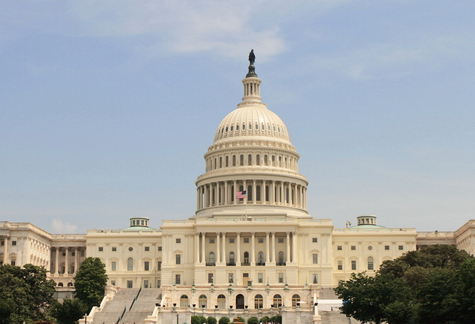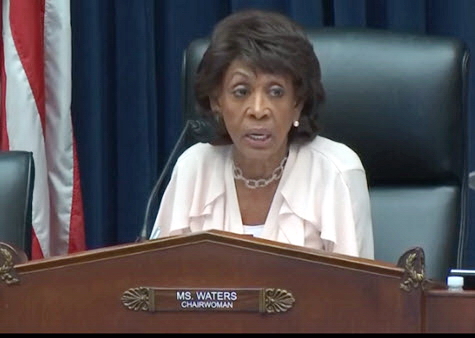
The Real Estate Roundtable this week commemorated the 20th anniversary of the 9-11 attacks by recognizing the enduring, positive impact of the Terrorism Risk Insurance Act (TRIA) and holding a joint meeting of the organization’s Homeland Security Task Force (HSTF) and Risk Management Working Group (RMWG).
Reflection and Action
- Roundtable President and CEO Jeffrey DeBoer stated, “The nation and the industry reflects during this solemn anniversary week on the profound human losses, and lessons learned, from the tragic events of September 11, 2001.”
- DeBoer added, “We also recognize the enduring, positive impact of the Terrorism Risk Insurance Act (TRIA) to help protect the economy in the event of future attacks. The Roundtable remains proud of its efforts in the wake of 9-11 and secure TRIA renewals that extend the program until the end of 2027. Our nation remains vigilant against terrorism threats as our industry remains steadfast in working with government agencies to combat physical and cyber-terrorist attacks.”
9-11 Legacy: TRIA
- A Sept. 7 article in Commercial Observer reported how The Real Estate Roundtable organized a coalition of business insurance policyholders – the Coalition to Insure Against Terrorism – to win passage of TRIA. The article states, “TRIA has provided the commercial real estate industry with a crucial backstop against losses suffered from external threats in the nearly two decades since its enactment.”
- The article quotes Roundtable Board Member Anthony Malkin, (chairman, president and CEO, Empire State Realty Trust) on the far-reaching, positive impact of TRIA on CRE, colleges, sports stadiums and hospitals.
- Roundtable Senior Vice President Chip Rodgers is also quoted about TRIA’s vital importance for commercial real estate, since lenders require ‘all risk’ insurance coverage — including terrorism coverage — to cover the risk of loss to the collateral. (Commercial Observer, Sept 7)
Ongoing Industry Efforts
- The Roundtable’s HSTF and the Real Estate Information Sharing Analysis Center (RE-ISAC) were launched soon after 9-11 to coordinate CRE’s response to potential future attacks and share threat information.
- The HSTF and RMWG virtual joint meeting this week featured a discussion with Peter Bergen, whose extensive background as an expert on terrorism includes years as a journalist, documentary producer, vice president for global studies & fellows at New America, and CNN national security analyst. He is currently co-director at the Center on the Future of War at Arizona State University. Mr. Bergen discussed the current threat picture facing the United States, including the ramifications of the Taliban’s return to power in Afghanistan.
- Roundtable participants were also joined by Shane Lamond (Lieutenant, D.C. Metropolitan Police Department) who led a discussion on civil unrest threats, the proliferation of ransomware attacks and various COVID-related challenges of re-entering buildings.
The Roundtable is also working with the Business Continuity Coalition to develop an insurance program that protects jobs by ensuring business continuity from future economic losses from pandemics and other health emergencies that necessitate widespread government mandated closures of the economy. (Roundtable Weekly, July 23)
# # #








